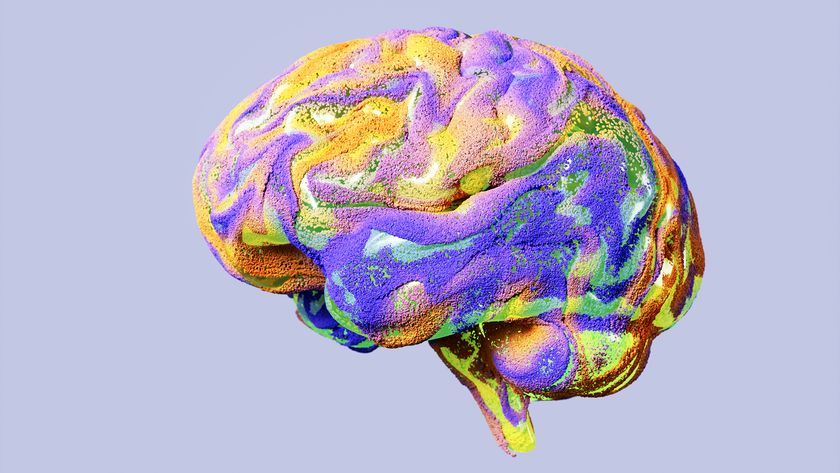Scientists Demand Overhaul of Europe's $1.4 Billion Brain Project

European scientists have called for the review of a major neuroscience initiative, criticizing the program for taking a narrow approach that they say is likely to fail.
More than 150 researchers signed an open letter to the commission in charge of Europe's Human Brain Project (HBP), a 10-year, $1.4 billion (1 billion euros) effort to simulate the human brain on a computer. The researchers who signed the letter are threatening to boycott the project if their recommendations are not heeded.
"We wish to express the view that the HBP is not on course and that the European Commission must take a very careful look at both the science and the management of the HBP before it is renewed," the scientists wrote in the open letter. [Top 10 Mysteries of the Mind]
The researchers also questioned the project's ability to further the understanding of the brain.
The Human Brain Project was launched in 2013 by the École polytechnique fédérale de Lausanne (EPFL) in Switzerland, and is funded primarily by the European Union. The project is Europe's equivalent of the United States' BRAIN Initiative, a proposed $4.5 billion, 12-year brain-mapping effort that President Obama launched in April 2013.
More than 80 research institutions in Europe and abroad have signed up to participate in the Human Brain Project. Led by Henry Markram, a neuroscientist at the EPFL, the project aims to understand the brain's function and to simulate potential new drug treatments.
But the project has been controversial within the European neuroscience community since its inception, scientists said in the letter.
Sign up for the Live Science daily newsletter now
Get the world’s most fascinating discoveries delivered straight to your inbox.
"Many laboratories refused to join the project when it was first submitted because of its focus on an overly narrow approach, leading to a significant risk that it would fail to meet its goals," they said.
Part of the controversy stems from changes to the project that excluded cognitive scientists who study higher-level brain functions, such as behavior. The initiative instead focuses on building a model of the brain from individual neurons, reported the Guardian.
Now, a formal review has been called to evaluate the success of the latest phase of the Human Brain Project, and those who question the endeavor have laid out a set of demands for how the review should take place.
They said the evaluation should be conducted by a transparent review panel composed of highly regarded scientists representing different areas of neuroscience, who are not involved in the development of the Human Brain Project. The panel should also determine whether the project meets core criteria, such as scientific excellence and good management, the researchers said.
Based on the review's findings, the panel should make recommendations about whether to continue the effort or its various subprojects, and how resources should be allocated, if so, the scientists said. If the project is continued, one or more panel members should remain part of an external review committee, they added.
Shouldthe European commission fail to heed their recommendations, the scientists threatened to boycott applying for projects that partner with the Human Brain Project, "and will urge our colleagues to join us in this commitment," they said.
Follow Tanya Lewis on Twitter and Google+. Follow us @livescience, Facebook & Google+. Original article on Live Science.












